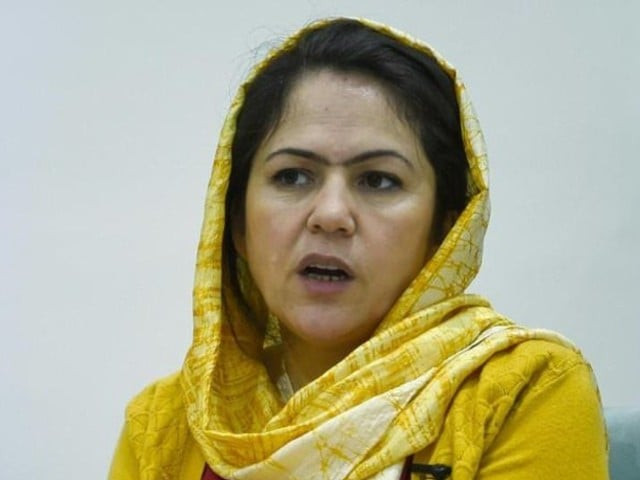ISLAMABAD:
Opposition leaders and civil society activists from Afghanistan, backed by the Geneva-based Women for Afghanistan (WFA), have demanded the establishment of a full-fledged political office in Islamabad to increase pressure on the Afghan interim government, arguing that the Taliban’s Islamic Emirate does not represent the Afghan people.
Speaking at a two-day closed-door conference hosted at a private hotel in Islamabad by SASSI University — enacted by the parliament of Pakistan — participants from Afghanistan and Pakistan called for “peaceful pressure tactics” in the first phase.
Some went further, demanding that Islamabad formally open political offices for Afghan opposition groups until their demands were met.
Prominent Afghan political and social figures attended, including former MP and women’s rights activist Fawzia Koofi, ex-Kabul governor Ahmed Ullah Alizai, Badakhshan politician Aman Ullah Paiman and activist Raheel Talash.
The conference, funded by UN Women, the US-based National Endowment for Democracy (NED), and the Swiss Federal Department of Foreign Affairs (FDFA), was framed as an effort to build a collective vision for a peaceful Afghanistan. But participants were blunt in rejecting Taliban rule.
“The Taliban came to power by force under an agreement. We reject their government and term it unlawful,” participants told the media.
Fawzia Koofi emphasised Pakistan’s regional role: “Pakistan is the biggest regional player and its policies impact its neighbours. That is why we held the first phase of this session in Islamabad, and more such conferences will follow.”
She noted that Afghanistan is home to 18 million women who remain unrepresented under Taliban rule. “One group cannot make decisions for ninety per cent of the country,” she said.
“When women are not allowed to work, study or participate in public life, disasters follow. In Kunar, women were barred from rescue work, and more women and children died,” Koofi added.
‘Peaceful way forward’
Former general Ijaz rejected claims that the gathering was designed purely as a pressure tactic. “This is not about pressuring Emirate-e-Islami Afghanistan, but about discussing the way forward through peaceful means,” he said.
At the same time, he acknowledged: “We accept the fact that TTP have blood stains on their hands, but still we want peaceful and meaningful talks with Emirate-e-Islami Afghanistan.”
Senior journalist Tahir Khan told The Express Tribune’s Peshawar office that despite the organisers’ denial, the agenda became clear during discussions. “Yes, some participants demanded that Islamabad establish an office for Afghan opposition members,” he said.
Asked why the Taliban had not been invited, participants explained that, as the conference was only at an initial phase, their inclusion was not considered suitable.

